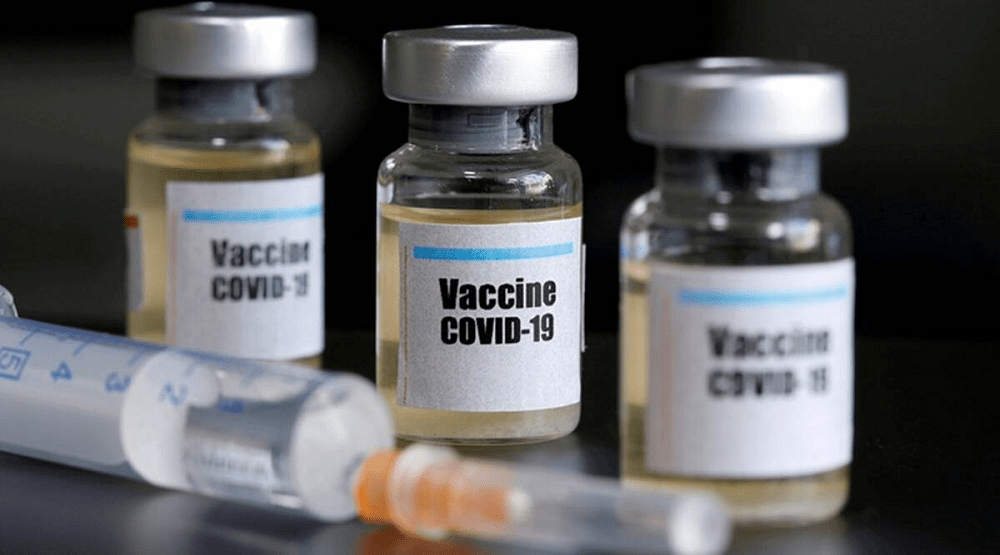High-profile COVID-19 vaccines developed in Russia and China share a potential shortcoming: They are based on a common cold virus that many people have been exposed to, potentially limiting their effectiveness, some experts say.

CanSino Biologics’ vaccine, approved for military use in China, is a modified form of adenovirus type 5, or Ad5. The company is in talks to get emergency approval in several countries before completing large-scale trials, the Wall Street Journal reported last week.
A vaccine developed by Moscow’s Gamaleya Institute, approved in Russia earlier this month despite limited testing, is based on Ad5 and a second less common adenovirus.
“The Ad5 concerns me just because a lot of people have immunity,” said Anna Durbin, a vaccine researcher at Johns Hopkins University. “I’m not sure what their strategy is … maybe it won’t have 70% efficacy. It might have 40% efficacy, and that’s better than nothing, until something else comes along.”
Vaccines are seen as essential to ending the pandemic that has claimed over 845,000 lives worldwide. Gamaleya has said its two-virus approach will address Ad5 immunity issues. Both developers have years of experience and approved Ebola vaccines based on Ad5. Neither CanSino nor Gamaleya responded to requests for comment.
Researchers have experimented with Ad5-based vaccines against a variety of infections for decades, but none are widely used. They employ harmless viruses as “vectors” to ferry genes from the target virus – in this case the novel coronavirus – into human cells, prompting an immune response to fight the actual virus.
But many people already have antibodies against Ad5, which could cause the immune system to attack the vector instead of responding to the coronavirus, making these vaccines less effective.
In China and the United States, about 40% of people have high levels of antibodies from prior Ad5 exposure. In Africa, it could be has high as 80%, experts said. Some scientists also worry an Ad5-based vaccine could increase chances of contracting HIV.
Many experts expressed skepticism about the Russian vaccine after the government declared its intention to give it to high-risk groups in October without data from large pivotal trials.
Scientists see downsides to top COVID-19 vaccines from Russia, China, Reuters, Aug 31